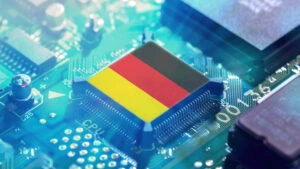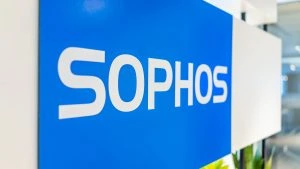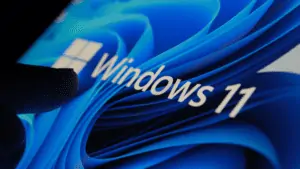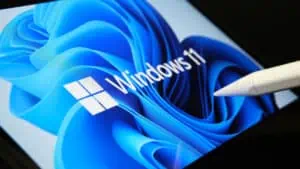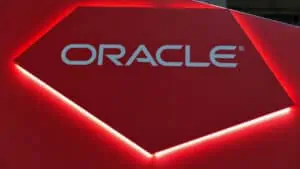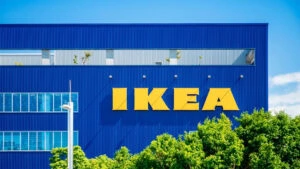Beiträge auf it-daily.net
Bundesverband IT-Sicherheit
Der Bundesverband IT-Sicherheit (TeleTrusT) sieht in der zügigen Weiterentwicklung des D-Stack einen wichtigen Schritt für die Verwaltungsdigitalisierung. Der Verband will sich erneut aktiv in die Konsultation einbringen.
Posteingangsansicht
Google stattet seinen E-Mail-Dienst Gmail mit neuen KI-Features aus. Das Unternehmen präsentierte eine überarbeitete Posteingangsansicht, die Nutzern dabei helfen soll, den Überblick über wichtige Nachrichten und anstehende Aufgaben zu behalten.
"Companies to Beat"
Gartner hat eine umfassende Analyse von knapp 30 KI-Technologie-Segmenten veröffentlicht und dabei die führenden Unternehmen in fünf Hauptkategorien identifiziert. Neben Google, OpenAI und Microsoft ist auch Palo Alto Networks dabei.
Unternehmens-Check
Sophos gehört zu den etablierten Größen im Cybersecurity-Markt. Doch was genau macht der britische IT-Sicherheitsspezialist, und wie unterscheidet es sich von der Konkurrenz?
Alle Infos
Apple hat heute bei seinem Herbst-Event eine neue iPhone-Generation vorgestellt, die laut CEO Tim Cook „die Messlatte erneut höher legt”. Darüber hinaus gibt es auch drei neue Apple Watches sowie die neuen AirPods Pro 3
Vollständige Büropräsenz
Während der Mutterkonzern Meta an der Drei-Tage-Regelung festhält, müssen Instagram-Mitarbeiter in den USA künftig wieder Vollzeit ins Büro.
Erklärung, Besipiele, Fakten
Hashfunktionen gehören zu den fundamentalen Bausteinen moderner IT. Ob beim Speichern von Passwörtern, bei der Blockchain-Technologie oder bei der Datenintegrität – Hashing ist allgegenwärtig. Doch was genau verbirgt sich hinter diesem Begriff, und warum ist er so wichtig?
Model Context Protocol als Schnittstelle
Microsoft testet Integration von KI-Anwendungen in den Datei-Explorer. Dienste wie Claude sollen künftig direkt auf lokale Dateien zugreifen können. Das zwar ohne Cloud-Upload, aber mit Zugriff aufs gesamte Dateisystem.
Kontextmenü wird schlanker und mehr
Microsoft beschleunigt den File Explorer durch Preloading und strafft das Kontextmenü. Die Neuerungen befinden sich in der Testphase und könnten Anfang 2026 ausgerollt werden.
Nach Angriffswelle
Oracle wurde offenbar Opfer der kritischen Sicherheitslücke in der hauseigenen E-Business Suite. Die Ransomware-Gruppe Cl0p nutzt die Schwachstelle bereits seit Monaten für großangelegte Angriffe auf zahlreiche Unternehmen und Organisationen. Jetzt behaupten sie die, den Software- und Cloud-Computing-Anbieter erfolgreich angegriffen zu haben.
KI-Ausfall
Die KI-Modelle Sonnet 4, Sonnet 4.5 und Haiku 4.5 von Anthropic, dem Entwickler hinter Claude AI, sind heute Morgen von signifikanten Störungen betroffen. Nutzer meldeten über diverse Kanäle Probleme beim Zugriff und der Nutzung des Dienstes. Ein Fix soll aber schon auf dem Weg sein.
Betrug
Cyberkriminelle missbrauchen IKEA, Kaufland und MediaMarkt für großangelegte Betrugsaktionen. Deutschland ist dabei das zweitwichtigstes Ziel nach den USA



